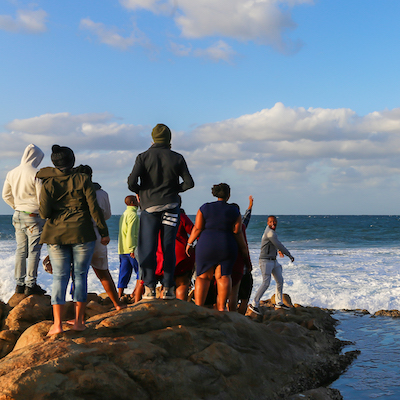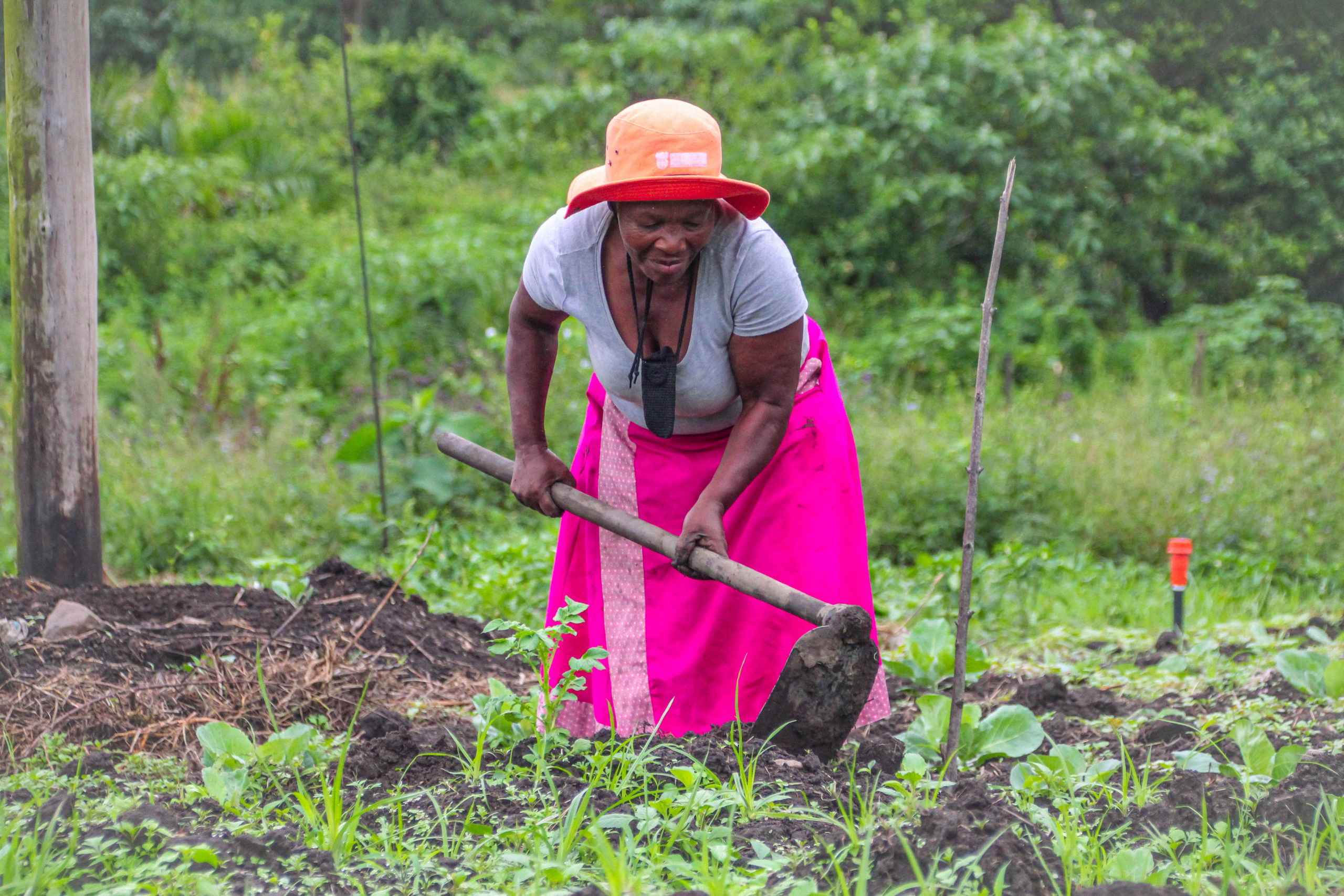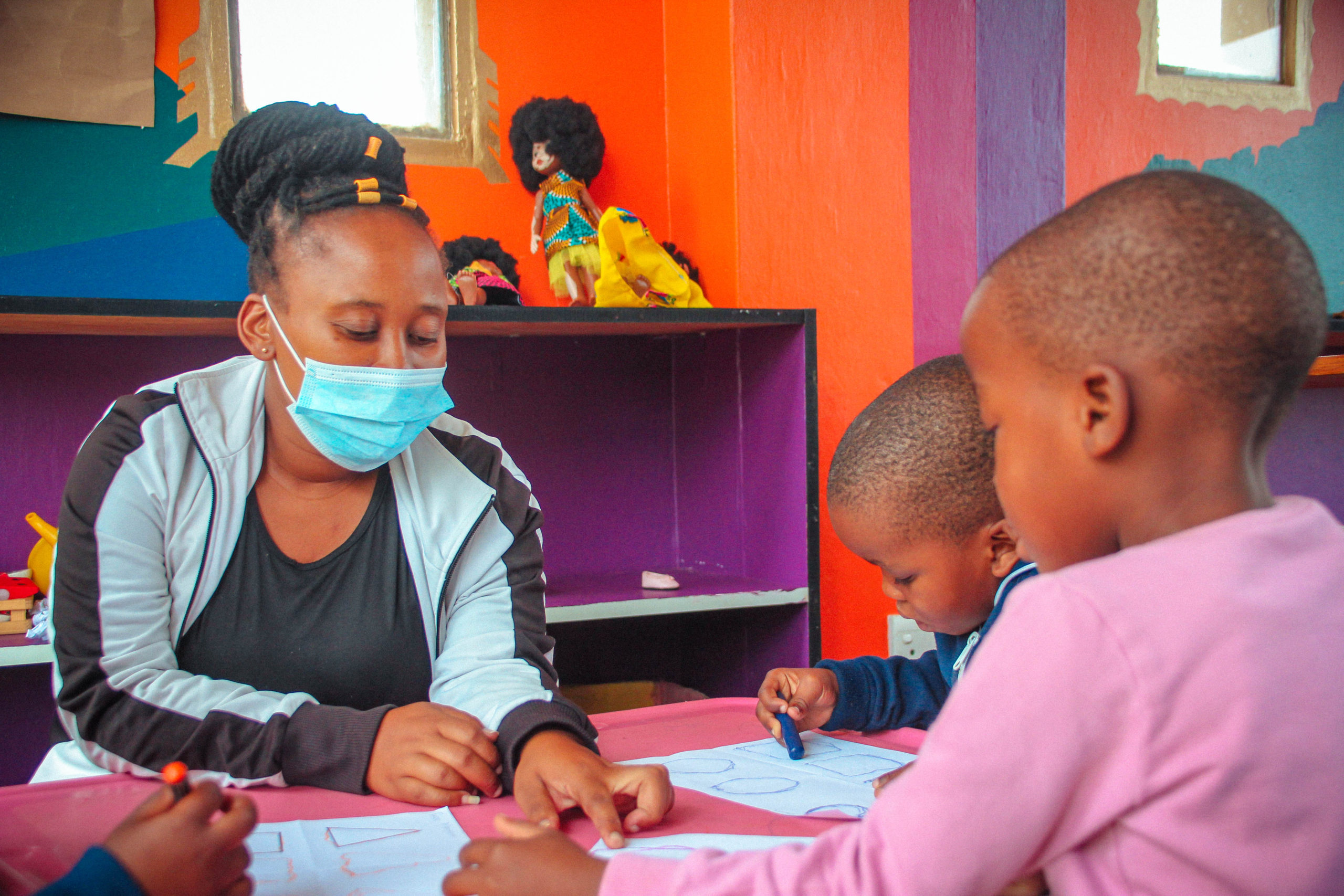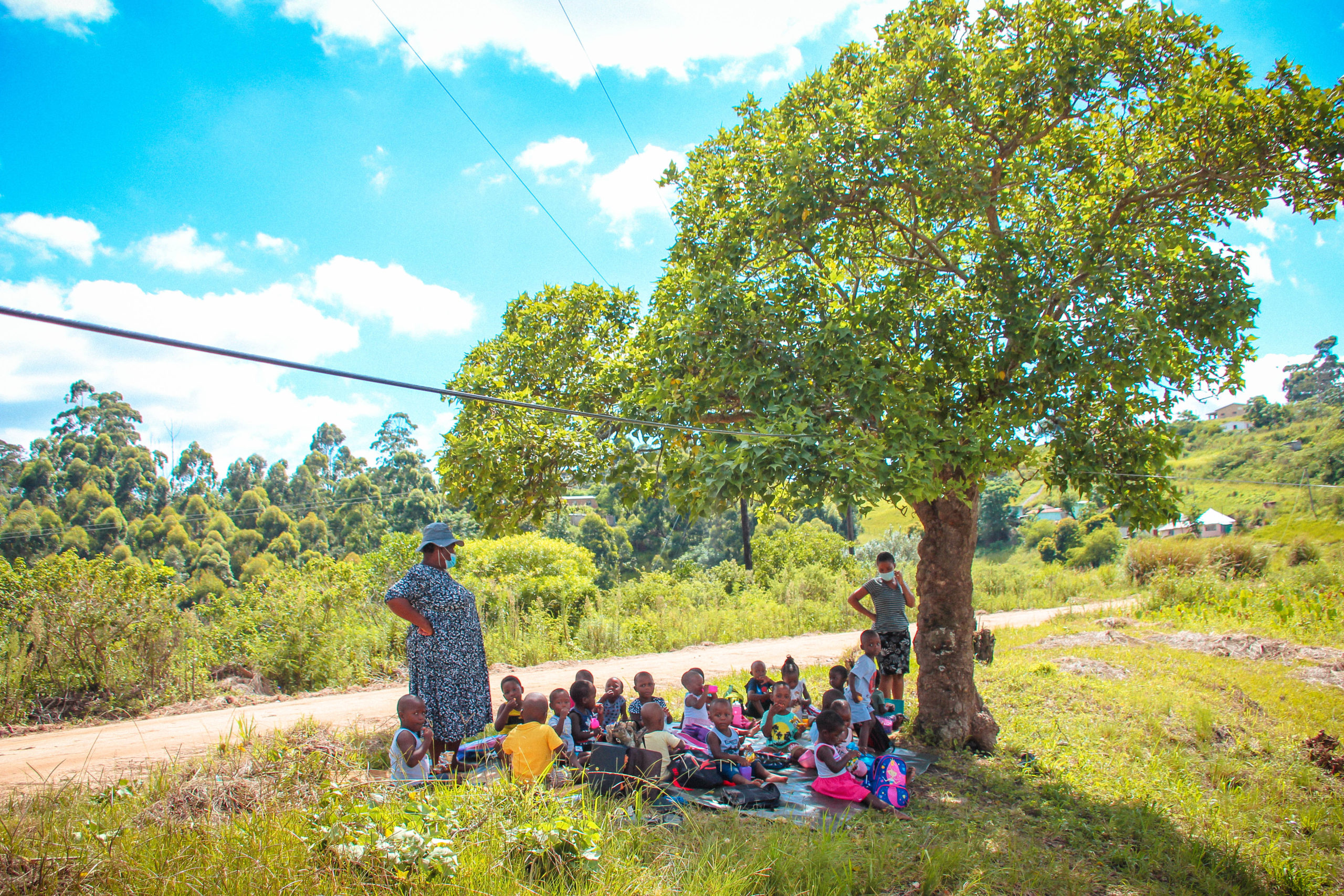I hesitated to walk forward. The blindfold tightly wrapped around my head caused my sight to go dark and most of my other senses seemed impractical for my current situation. Part of me wanted to look down at the small opening where the blindfold met my nose and steer my own way through the obstacles ahead. Another part of me wanted to move slowly and reach out with the aim of guiding myself. I remembered our Journey into Healing manual, fight or flight? “Ok, go forward, you’re safe,” Cindy assured me and I surrendered to trusting her in hopes that her voice and directions would guide me safely. The process of healing begins by acknowledging pain and the second step realizes an establishment of trust with oneself, and others. Trust is both an emotional and logical act. In trust, we expose our vulnerabilities to others and assess the probabilities of gain and loss in doing so. We feel trust in many of our relationships; in companionship, love, agreement, and comfort.
Journey into Healing, a manual published by the Galene Centre, is a on-going workshop that all staff at Thanda complete. It is a journey of emotional healing and trauma counseling in order to be better prepared to work with children going through the same process. In our journey of life, each of our stories are different, but we all experience pain or trauma. Presented with the tools to heal, understand, forgive and move forward, we are then able to help others live more fully and positively.
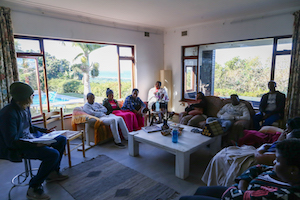
The workshop continued with the activity, “Tell Your Story.” Traumatic events cause us to experience a loss of dignity that is reflected in a loss of connection with others. Recovering from this begins by sharing what has happened to us with others. I sat with my co-worker, Smiso, for an hour. We shared experiences that were very similar and some that were entirely different – stories of pain, heartbreak, adventure, and achievement. Our stories were personal and for that reason what we openly shared with one another will never leave that hour. We listened with the intention of respect and I felt that he truly cared about what I was telling him.
Moving from our hearts to our heads, we then found ways to make sense of our pain and gain new understanding. We assessed our current scenario, our preferred scenario and developed strategies to move forward in reclaiming the self. We discussed how our views of the world may affect our behaviours, values and interests. Such as, deleting, distorting, or generalising information we receive. Understanding the external experience of these situations was one of the more difficult aspects of the workshop for all of us. We placed the offender from our past at the beginning of the process and asked questions such as “what caused him/her to behave in this way? What aspects from their past may not be healed or understood?” This process of understanding helped guide us to forgiveness.
We concluded our July Journey into Healing Workshop with a trip to the beach. The sun was just above the horizon and we all collected rocks for our next activity. Our instructions were simple: let go of something, yell it out or keep it to yourself, and throw it into the sea, watching it disappear with the waves. This symbolised a step in forgiveness. Forgiveness is not forgetting or reconciliation, but the acknowledgement that it does not help to blame others for things that happened in the past. Sometimes, letting go of these events or painful experiences can be a huge first step toward reclaiming our own life journey.
Our group will continue our Journey into Healing workshop in a few months as a way to grow and look toward the future, as well as deepen the connection we have with the children we work with.


